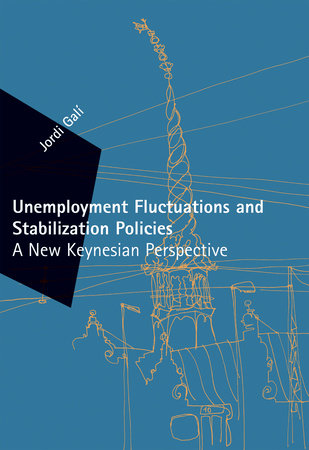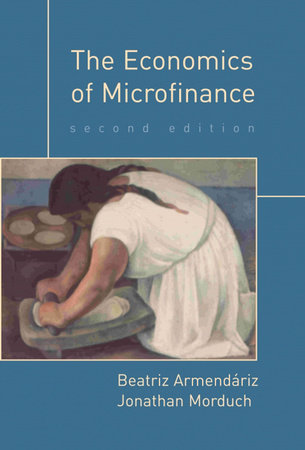

Add to Bookshelf
The Economics of Microfinance, second edition
By Beatriz Armendariz and Jonathan Morduch
By Beatriz Armendariz and Jonathan Morduch
Best Seller
Category: Economics

Paperback
$45.00
Apr 23, 2010 | ISBN 9780262513982
-
$45.00
Apr 23, 2010 | ISBN 9780262513982
Buy the Paperback:
YOU MAY ALSO LIKE
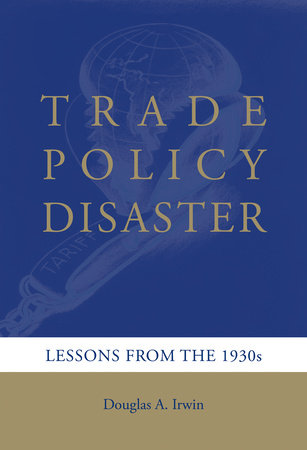
Trade Policy Disaster
Trade Paperback
$30.00
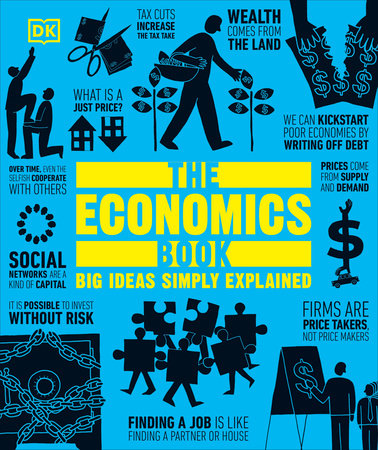
The Economics Book
Hardcover
$27.99
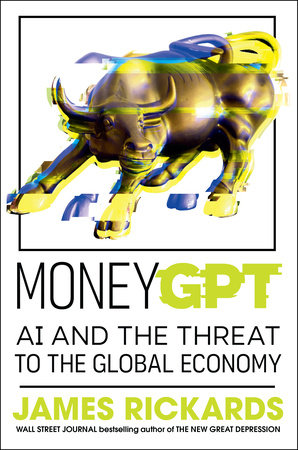
MoneyGPT
Hardcover
$29.00
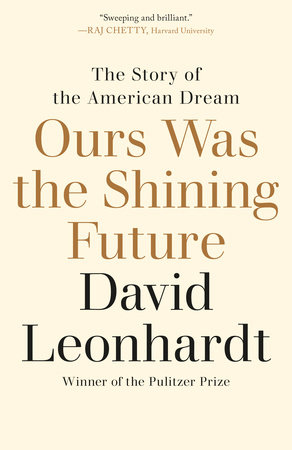
Ours Was the Shining Future
Trade Paperback
$25.00
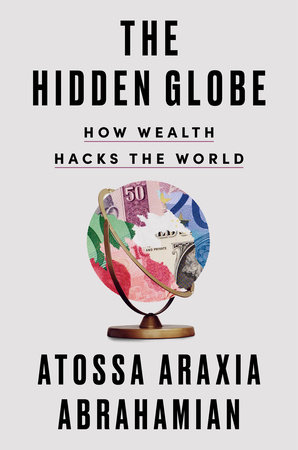
The Hidden Globe
Hardcover
$30.00
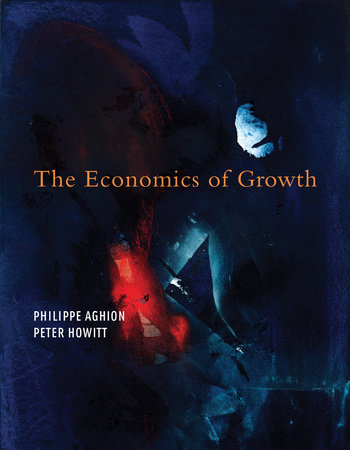
The Economics of Growth
Trade Paperback
$90.00
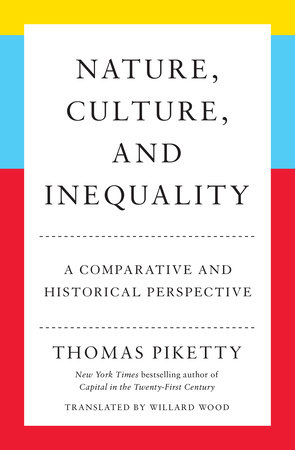
Nature, Culture, and Inequality
Hardcover
$23.99
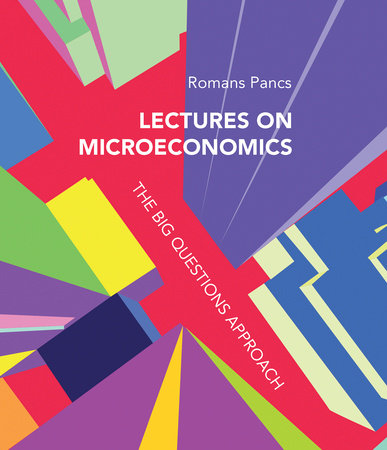
Lectures on Microeconomics
Trade Paperback
$80.00
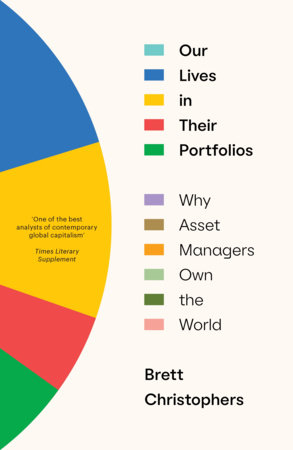
Our Lives in Their Portfolios
Trade Paperback
$19.95
Praise
Praise for the first edition: An excellent analysis of the evolution of microfinance and the economic theory behind it…Though the style is that of a textbook, including exercises and numerical examples, the text is well written and an excellent source for economists who want to learn about this topic.—Branko Milanovich, Times Higher Education Supplement—
Looking for More Great Reads?
21 Books You’ve Been Meaning to Read
21 Books You’ve Been Meaning to Read
×
Become a Member
Just for joining you’ll get personalized recommendations on your dashboard daily and features only for members.
Find Out More Join Now Sign In







